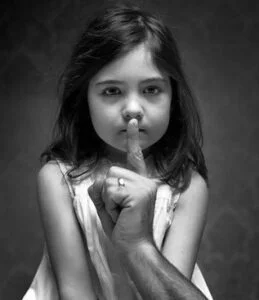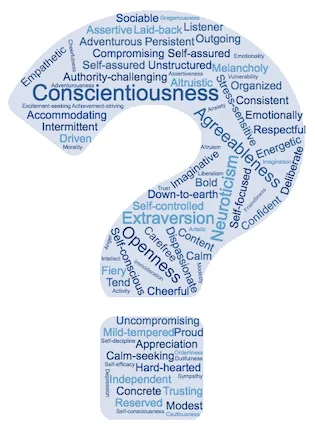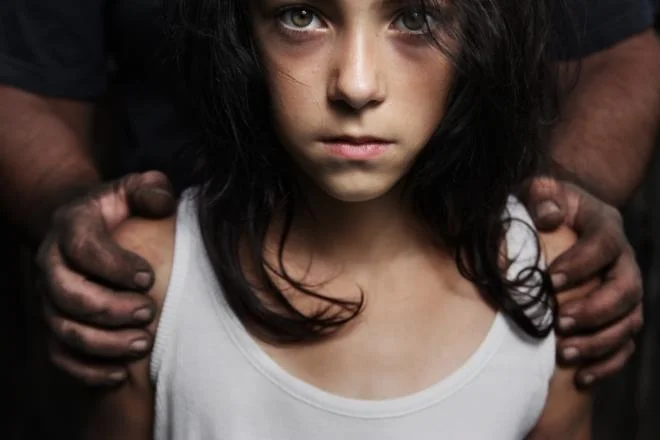Understanding Hebephilia

In adolescent individuals aged 11 to 14, hebephilia refers to a primary or sole adult sexual desire. Hebephilia is when you like kids that are getting close to puberty, but not kids who haven’t started puberty. When someone has pedophilia, they only like kids when they are before puberty. It’s when people are 13 or younger. Both of these diseases are just examples of a type of sexual preference. It is chronophilia, and it is when people have a sexual preference for certain ages. Ephebophilia is the sexual attraction to people in their late adolescence, between the ages of 15 and 19.
A Brief History
Researchers identified patterns of age preferences in people with certain paraphilias, which led to the creation of these classifications. Hammer and Glueck investigated the term Hebephilia. They were doing a study on sex offenders at Sing Sing prison. An anthropologist Paul Benedict coined this term to distinguish pedophiles from sex criminals who preyed on juvenile victims. Different studies have shown that it is difficult to find a person who is suffering from Hebephilia. They are more likely to get an attraction to children, but not always.
Common Symptoms
The following signs may indicate that someone is suffering from hebephilia:
- Pubescent children have a strong sexual preference.
- Spending a lot of time thinking about pubescent children, which is unusual.
- Excessive sexual fantasies and recurring urges in pubescent children are common.
Cause
Researchers have already investigated the cause of Hebephilia. Researchers at the Centre of Addiction and Mental Health in Toronto have studied a lot about the body. They know a lot about brain structure, handedness, IQ, educational level, height, and any other unusual characteristics of physical development. Although they don’t know how common hebephilia is, there are more people with sexual desire in adolescence than they typically assume it to be. Because of the shame and legal ramifications, persons with these sexual inclinations are reluctant to disclose them.
Categorizing Hebephilia

The question of whether or not this disease counts as a mental disorder has sparked heated debate. There was debate about whether Hebephilia should be present in the DSM-5, the standard criteria for diagnosing mental illnesses. Critics argue that having hebephilia as a diagnostic category poses a significant danger of it and people misunderstand it widely in the judicial system.
Furthermore, others say that sexual desire among pubescent youth is not as unique or uncommon as pedophilia acts on a broad level. Until recently, the age of consent in many nations was 13. In certain societies, people allow, make it necessary, and promote young adolescent marriage. Despite the fact that sexual attraction to pubescent kids is not an indication of mental illness, many argue that acting on such urges is a crime.
“For six or more months, experienced sexual attraction to prepubescent or pubescent children that was equal to or greater than their attraction to adults, and who also found the attraction distressing, used child pornography, or sought sexual stimulation from a child, on at least three occasions in the case of the hebephilic type”, according to the proposed criteria for the DSM-5. The adult must be at least 18 years old and at least five years older than the youngsters or teenagers with whom they are having sexual interest.
While the addition of Hebephilia to the DSM-5 was denied, the definition of Pedophilia has been broadened to encompass children in their adolescent years. Those who advocate for hebephilia to be included in the DSM-5 argue that the amount of emotional anguish that persons might feel qualifies it as a mental health illness.
Treatment Options For Hebephilia
Researchers have discovered the treatments for hebephilia, whether or not official diagnoses are available. Those who act on such desires may go under prosecution and suffer criminal penalties. Preventative programs for persons who feel sexual desire and the misery and humiliation that might accompany it should be made available to help them avoid acting on such urges.
- Cognitive therapy
- Drug therapy
- Hypnosis
- Group therapy
- Behavior therapy
Individuals with hebephilia may not seek treatment unless someone compels them to or the circumstance necessitates it due to legal consequences. More people may come forward to seek aid as a result of education and awareness, rather than acting out on vulnerable victims. Seek help from a mental health professional if you or someone you know is coping with this issue.
Helping Survivors of Sexual Abuse
Hebephilia has become more well-known as a result of the #MeToo movement. Fictional works such as Vladimir Nabokov’s Lolita popularised and fetishized hebephilia in the past. Institutions in the real world, such as the Catholic Church, have been chastised for widespread sexual misbehavior. Celebrities and instructors ranging from R. Kelly to Larry Nassar have been exposed by the #MeToo movement for decades abusing youngsters.
These controversies pose serious concerns about society and safety. What should society do about those who are prone to hebephilia? What safeguards should be in place to protect young children from sexual harassment and assault? How can parents talk to their kids about these challenging topics?
Common Queries

What are the signs that a teen has been sexually assaulted?
If they are over the age of 14 and with anyone who is older than them, they could be at risk for sexual assault.
It is important to teach your children that if someone tries something, they should immediately tell you about it. This may sound like an easy thing to do but is harder than you think. It can also be extremely hard on younger kids (under 13) because many times their own bodies betray them by either having pleasure during the act or later when they feel guilty for it happening. Telling your child what the signs are; makes it easier for them to know whether or not something negative has happened. Common signs are:
- Angry outbursts that aren’t common
- Nightmares and sleep disturbances
- Social isolation from friends and family
- Low self-confidence
- Depressed mood
- Nervousness
- Substance abuse has increased.
- Getting away with it
- Attempts on suicide
What are the risk factors for hebephilia?
Having a history of sexual abuse as a kid, especially if the assault went unnoticed, undefined, and untreated, is a risk factor for sexual offending. However, not all sex offenders have a history of sexual abuse and not everyone who undergoes sexual assault as a child becomes an abuser.
What are the legal ramifications of classifying hebephilia as a mental illness?
Hebephilia, paraphilic coercive disorder (a predisposition toward rape), and hypersexuality were three sexual illnesses proposed for inclusion in the DSM-5 (compulsive sexual behavior). Mental health professionals, including those working in forensic settings, criticized and eventually rejected these suggestions. Critics argued that classifying hebephilia as an illness would send sex offenders to mental hospitals rather than the criminal justice system, where they might be held permanently.
Conclusion
Age of consent is a legal limit beyond which sexual contact with the person may result in criminal charges. The term hebephilia refers to people who are sexually attracted to children at puberty as well as those who continue this attraction into adulthood. Hebephiles can be either male or female, and research has found that they have more mental health problems than other types of sexual offenders such as pedophiles or exhibitionists. This means that if an adult displays inappropriate behavior around a child, it does not necessarily mean they are a potential predator but you should still report any suspicious activity right away so authorities can investigate the matter further before anything bad happens.
If you are looking for affordable Online Counseling MantraCare can help: Book a trial therapy session


